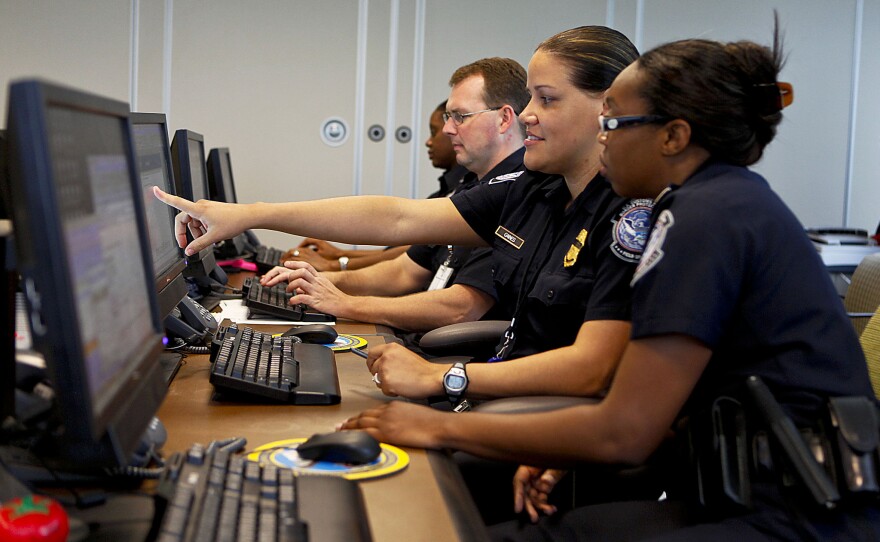San Diego's independent auditor faulted the city's emergency management system for poor coordination and readiness in a report released Wednesday that said federal funding could be lost.
Eduardo Luna, San Diego's first city auditor since a 2008 vote established the office, said in a 34-page report that more than two dozen city departments needed to improve their coordination with the city's Office of Homeland Security.
Among other things, Luna found that a 1974 city law established something called the Disaster Council, but it no longer meets and "would not reflect the modern practice of regional preparedness efforts."
He called for changes in the Municipal Code to clarify who is in charge of what.
Luna also recommends that the city homeland security office develop performance measures to better evaluate coordination and oversight of department's emergency readiness and urged the city to develop a training program in which all employees "understand their roles in the city's ability to quickly respond to and recover from disastrous events."
Luna noted that San Diego is home to one of busiest border crossings in the world, military installations, an international port, multiple large airports, over 150 high-rise buildings, tourist attractions, and large public venues such as Petco Ballpark, Qualcomm Stadium, and the San Diego Convention Center.
"These and other structural risks put the city at risk of different manmade disasters such as terrorist attacks. In addition, the city is at risk of other disasters such as a hazardous materials incident, dam failure or other catastrophic event."
The city's Homeland Security Office, with a 2014 budget of $1.74 million, receives funding from the General Fund and the federal Homeland Security Grant Program.
Luna warned that the region could lose part or all of its federal grant — which accounts for more than half of the funding — if the city doesn't comply with federal mandates.
"In fiscal year 2006, the region's "(Urban Area Security Initiative) grant amount declined by more than half compared to the previous fiscal year. And in fiscal 2014, the federal government expanded the UASI program from 25 regions to 39. With more regions to fund, the federal government will have to reduce the grant amount to some of the 25 historically funded regions," he said.
Out of 22 city departments surveyed, personnel in only one department knew where to meet in the event of an emergency, he said.
And in a sample of seven departmental employee contact lists, "we found that none of the lists had current contact information for the employees recorded. There were instances where staff left a department or assumed new duties within a department and the [plans] were not updated."
In a response to the audit dated July 7, Fire Chief Javier Mainar agreed with all the recommendations and promised to submit plans by the end of the next fiscal year — June 30, 2015.
"However, any required formal hearings, reviews, revisions and approvals by non-mayoral entities (City Attorney's Office or City Council) may occur thereafter," Mainar wrote.






